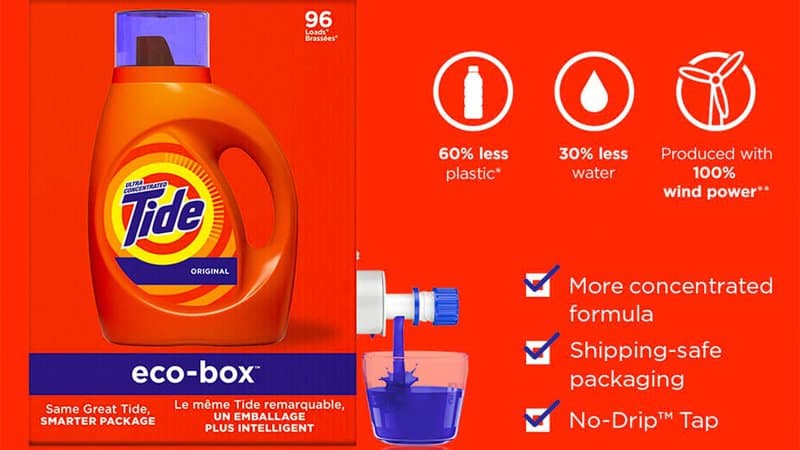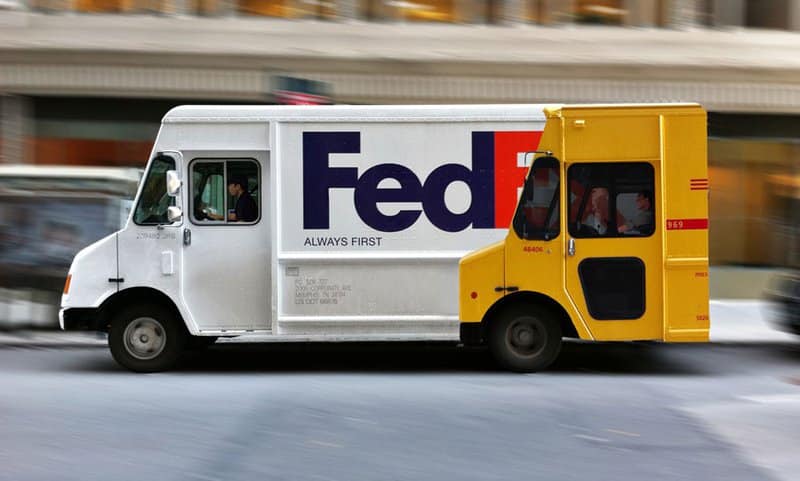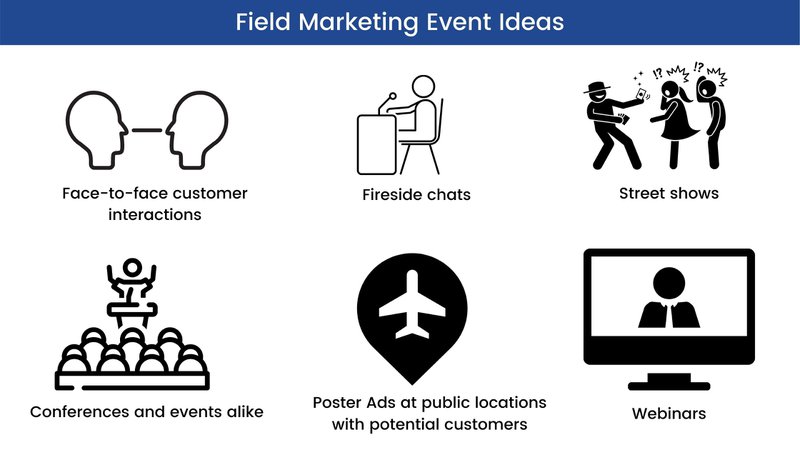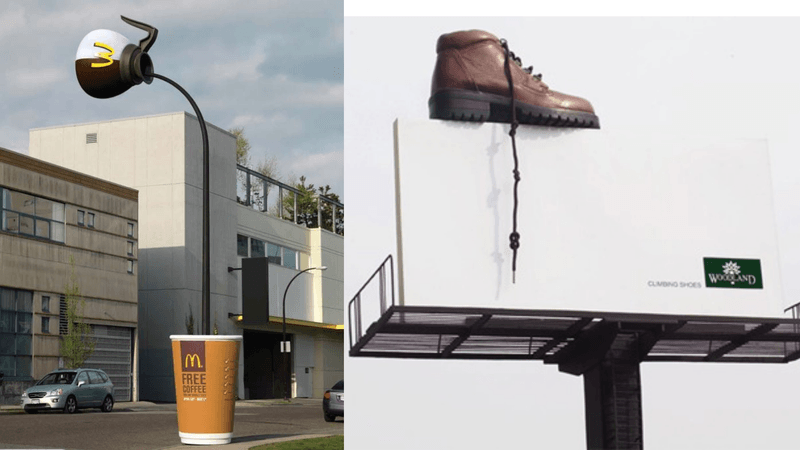Marketing is as much about your team as it is about planning a course of action. If there's one thing that all branches of marketing have in common, it is the importance of having a proactive team at the helm. And when we're talking field marketing, this becomes even more important. But before moving forward with this, let's start by understanding what Field Marketing is.
The major marketing goals range from building brand awareness to enhancing engagement that can eventually generate revenue.
Over the years, the way marketing is carried out has transformed, and new ways have come to the fore. Although the goals have stayed the same, marketing in the 21st century has gone through tremendous change.
Similarly, the beginning of the 20th Century also brought in a significant change in direct marketing. Procter & Gamble began emphasizing market research and direct-to-retailer sales. George. On the other hand, P. Johnson's new company organized events where automobile companies could reach out to potential buyers who could test drive their favorite vehicle.
This was how “Field Marketing” entered the business world in the form it is done today. Over a hundred years have passed, and it remains a significant part of any marketing campaign.
What Is Field Marketing?
Filed Marketing is the marketing branch where brands take their products to the targeted audiences at events and public locations. It includes distributing and selling promotions, direct sales, and product demonstrations on the stores, streets, events, malls, among others, called “field.”
Field marketing is one of the most powerful marketing practices. After all, who doesn’t like a free sample? It gives people face-to-face exposure to the products they either already use or might end up being interested in buying.
Like other marketing branches, field marketing also has common goals such as brand awareness and enhancing engagement with targeted local communities. More specific objectives of a campaign may vary from brand to brand and campaign to campaign.
In recent times, field marketing became an essential two-way marketing communications tool by requesting sample feedback, supporting product development, or inviting consumers to follow brands on social media.
Field Marketers interacting with the brand’s customers face-to-face to make sure they’re informed and educated. They also try to persuade a potential consumer base to go ahead and make the buying decision.
B2B And B2C Field Marketing
Field Marketing activities differ in B2B and B2C businesses. A B2B campaign consists of activities covering a little bit of both sales and marketing. Field marketers working for a B2B company need to interact with prospects across events, conferences, in-person meetings, and webinars.
While working for a B2C company, field marketers must be present at locations where potential buyers’ density is high. These locations may include shopping malls, famous eateries, events such as marathons, etc. These locations will differ according to the industry their company works in.
How Is Field Marketing Beneficial For Brands?
Field marketers take the brand to the customers. This, in itself, describes how vital campaigns can prove to be for brands. So, let us further investigate how effective can a sound field marketing campaign be for a brand.
To begin with, field marketing campaigns work towards strengthening brand perception among your customers.
- How? It allows your customers to come face-to-face with your brand and interact with your field marketers about any grievances that they might have. Your field marketers also get the opportunity to convert your customers into loyal customers by instilling your brand’s ideas and values into their minds by creating posters such as this and initiative by P&G:

- Field marketing campaigns are a lot more focused and targeted. Field marketers start by identifying the target audience and locations. This includes determining the density of potential buyers in a particular area or at an event. Once all this is done, they go ahead to interact with people they’ve identified as prospects that are most likely to go ahead and make the purchase decision.
Over recent decades, the consumer has become more informed and is not afraid to ask questions from even the biggest brands.
- So, field marketing campaigns can also help you appease the skepticism among your customers. Field marketers have the opportunity to answer the harshest questions posed by these customers on the brand’s behalf. If you have a good field marketing team, it might just result in skeptical customers turning into satisfied, loyal customers.
- Pacifying the ranting customers isn’t everything that field marketing campaigns do to build a healthy customer relationship. It helps brands in getting to know their consumer better. When it comes to selling in local communities, this becomes important as customers want the brands to learn about their concerns and preferences. Similarly, field marketers can help provide quick answers to the customer’s queries and keep the interaction going.
Field marketing techniques such as Guerilla Marketing can be reasonably cheap as well as enormously effective.
It consists of smart street marketing that is sure to catch the eye of passers-by. Wrap advertising on cars and bus stops are a few examples of guerilla marketing.

Field marketers aid your sales team and give them time to carry on converting newer leads. As a new customer is brought into the fold, nurturing and educating her about your brand is something your field marketers can do. This takes some responsibility off your sales team’s shoulders and gives them more time to continue doing what they make the best SALES!
Lastly, the marketing campaign ROI is easily measurable through the reporting software based on location, store, mall, or brand awareness. These reports can later be viewed, and you or your product managers can gauge your field marketing teams’ performance.
Planning A Successful Field Marketing Campaign
As mentioned above, the results of your campaign can be tangible. You can easily measure depending on the KPI, making it easier to plan a field marketing campaign that will be successful. How?
Set Goals
First of all, you need to set yourself reasonable goals you wish to achieve via your strategy. This is important in the general way that considering expectations and reviewing them is in the business sense. You will set up your campaign according to what you want out of it for field marketing.
For instance, if personalized feedback is what you want from your campaign, it would consist of reaching out to targeted consumers personally and asking them certain questions regarding your product or service. You can track results by checking the number and quality of customer feedback collected.

If you want them to increase by 20% sales on each store they demonstrate the product, you have to ensure you can have the sales reports before and after.
It all depends on your strategy and the KPIs you will establish for your campaign.
So, the expectations you have from your field marketing campaign works as the base on which the entire strategy stands. And if the ground itself is ambivalent and wobbly, the best of strategies are bound to collapse.
Plan and Execute
By moving forward on the same lines, you need to determine the “how” of achieving your goals. Fortunately, this stage gives you enough freedom, as there is more than one way to reach your field marketing goals.
For instance, if you wish to check if a new product arrival will be popular among your existing consumer base, you can use direct sales to interact with customers. If you already find the product being received well, you can bring it out in stores. You can plan on which media you want to use and how you want to set it up.

The ways with which you plan to achieve your goals will also depend heavily on your limitations. Your team’s size, the amount of money you can put into your field marketing campaign, and the overall resources play an important role.
The Right Technology
Setting specific goals for your field marketers to achieve is essential. But you must make sure that you provide your field marketers with the right technology to improve efficiency. Technology has taken over all aspects of the business so that none of your campaigns can work efficiently without it.
So, your field marketers' expectations to deliver are only viable when you provide them with the right technological backup.
Lastly, you need to make sure that you’re constantly checking if your field marketing campaign is on the right track in terms of the campaign goals. It would be unreasonable to expect your campaign to start achieving right away. Still, it should be well on its way in the correct direction.
Way to Have Successful Campaigns
Brands have been making great use of wrap advertising in recent years. It is one of the more fashionably named field marketing types known as “guerilla marketing”. It targets potential consumers in places they would expect the least.
This style is known for being cheaper and giving a lot more room for brands to be creative.

As you can see, wrap advertising has got all the ingredients to be successful. From huge brands to the up-and-coming ones, guerilla marketing comes in handy for all of them. Some brands have taken the creativity in their guerilla marketing effort to the next level. Let’s take a quick look at some of them.

You don’t need to be the owners of massive brands like McDonald’s or Woodland to pull such creative guerilla marketing campaigns off. That’s the thing with Guerilla Marketing. It relies heavily on your imagination and the hard work on the streets. You don’t need millions to invest to be creative with your guerilla marketing efforts.

Field marketing is about making the most out of the one-to-one interaction between your brand and those you’ve identified as your consumer base at the end of the day. The way you want to go about that task is entirely your choice, and a lot rests on the planning.
Conclusion
For any campaign to work, the team behind it should be confident. How will your field marketers be confident in what they’re doing? Only if they’ll know that your brand is backing them up. Apart from the usual motivational speeches, field marketers work well to see how the campaign is moving.
When they’re aware of each of them's roles, they will be aware of the company's expectations.
Similarly, providing your field marketing team with the right technology of the day is essential. When competing with more prominent players in your industry, you cannot afford to handicap your marketing teams by the lack of technology on their side.
In a nutshell, it is your team that will make your campaign successful. Make sure you pick them carefully and back them up to do a good job.

Christian has over ten years of experience in marketing agencies. Currently, he has been dedicating his time to a tech startup and also writing for major publications. He loves podcasts and reading to keep up with the latest trends in marketing.


